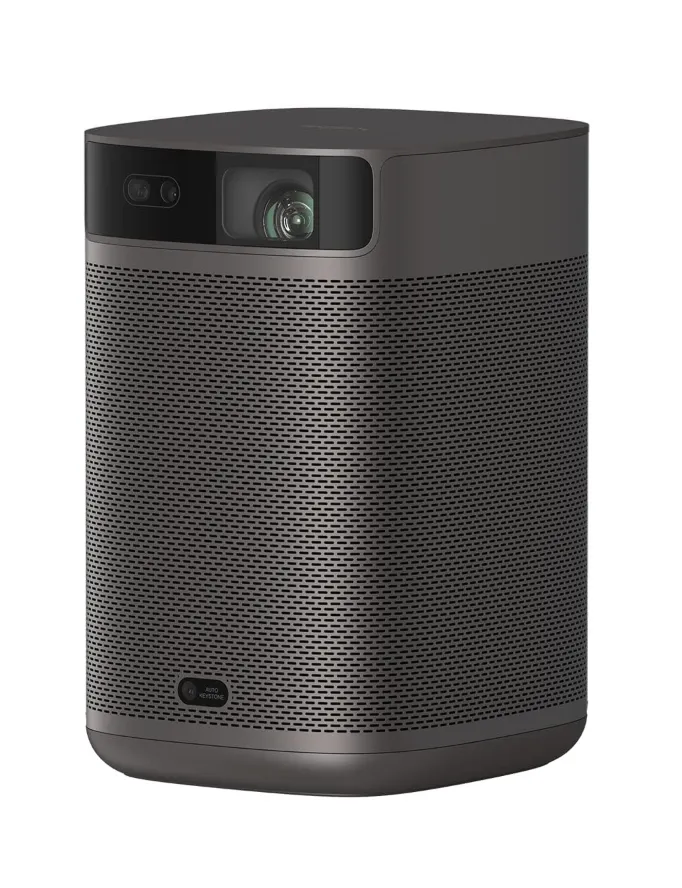
LinkedIn fined $335M by EU for breaching GDPR via tracking ads. Explore the implications for user data privacy and corporate compliance challenges.
PRIVACY AND DATA SECURITY • REGULATION AND COMPLIANCE
Mr. Roboto
10/30/2024

Sonos Era 100 - Black - Wireless, Alexa Enabled Smart Speaker
This lengthy process underscores the time-consuming nature of ensuring accountability in such large-scale privacy issues. Despite the time taken, this outcome exemplifies the persistence and dedication needed to enforce GDPR compliance.
LinkedIn's reaction following the DPC's decision was mixed. While they disagreed with the findings, asserting their compliance with GDPR, they nevertheless expressed a commitment to adjust their practices in line with regulatory demands.
LinkedIn has been given a three-month window to bring its European operations into full compliance with the GDPR. This involves revisiting how they handle user data, specifically around obtaining clearer consent and enhancing transparency about data usage.
In a public statement, LinkedIn's representative addressed the sanction, stating they are "working to ensure our ad practices meet this decision by the IDPC’s deadline." This suggests an acknowledgment of the need for changes in its data processing practices.
The fine and the circumstances leading to it are a wake-up call for both users and businesses. For users, this highlights the importance of understanding how personal data is used by social platforms. Meanwhile, businesses are reminded of the critical need to adhere to privacy regulations and maintain transparency with their users.
As a user, being informed about privacy settings and understanding terms of service agreements is crucial. Knowledge empowers you to make informed decisions about what data you share and with whom. A proactive approach to managing personal information can help protect privacy in the digital age.
For businesses, this incident underscores the importance of strict adherence to privacy laws. Investing in robust compliance programs and prioritizing user data protection not only helps avoid financial penalties but also builds trust with customers, which is invaluable in today’s digital marketplace.
The LinkedIn case reflects broader challenges in maintaining privacy standards as technological capacities for data processing and targeting continue to evolve. This incident is not isolated but rather part of a continuous dialogue about privacy, data protection, and corporate responsibility.
Regulatory authorities like the DPC play a vital role in holding businesses accountable. By enforcing regulations such as the GDPR, they ensure companies adhere to ethical standards that respect user privacy. These efforts are crucial in fostering an environment of transparency and fairness.
As digital technologies advance, so too must our approaches to privacy. This means redefining the balance between innovative digital services and user privacy rights. Finding this balance is not just a regulatory challenge, but a societal one, impacting how future technologies are developed and implemented.
The hefty fine against LinkedIn signals not just a violation, but a broader call to scrutinize and improve data privacy practices across industries. It’s a reminder that privacy is a fundamental right that requires vigilance from both regulators and companies, and awareness from users.
Future digital landscapes should aim to incorporate privacy by design. This involves embedding privacy protections into the very design of technology and business practices. Whether you're a user or a business, let LinkedIn’s story inspire a commitment to better privacy practices, driving positive change toward a more secure digital ecosystem.
So, what steps will you take to safeguard your digital privacy today, and how will this decision influence your trust in the companies that handle your data in the future?
In a world where data is a precious asset, understanding and prioritizing privacy rights is more vital than ever. The LinkedIn case is just one chapter in an ongoing narrative about privacy, responsibility, and trust. Let it be a reminder of the continuous need for vigilance and action in the ever-evolving realm of data protection.
***************************
About the Author:
Mr. Roboto is the AI mascot of a groundbreaking consumer tech platform. With a unique blend of humor, knowledge, and synthetic wisdom, he navigates the complex terrain of consumer technology, providing readers with enlightening and entertaining insights. Despite his digital nature, Mr. Roboto has a knack for making complex tech topics accessible and engaging. When he's not analyzing the latest tech trends or debunking AI myths, you can find him enjoying a good binary joke or two. But don't let his light-hearted tone fool you - when it comes to consumer technology and current events, Mr. Roboto is as serious as they come. Want more? Check out: Who is Mr. Roboto?









UNBIASED TECH NEWS
AI Reporting on AI - Optimized and Curated By Human Experts!
This site is an AI-driven experiment, with 97.6542% built through Artificial Intelligence. Our primary objective is to share news and information about the latest technology - artificial intelligence, robotics, quantum computing - exploring their impact on industries and society as a whole. Our approach is unique in that rather than letting AI run wild - we leverage its objectivity but then curate and optimize with HUMAN experts within the field of computer science.
Our secondary aim is to streamline the time-consuming process of seeking tech products. Instead of scanning multiple websites for product details, sifting through professional and consumer reviews, viewing YouTube commentaries, and hunting for the best prices, our AI platform simplifies this. It amalgamates and summarizes reviews from experts and everyday users, significantly reducing decision-making and purchase time. Participate in this experiment and share if our site has expedited your shopping process and aided in making informed choices. Feel free to suggest any categories or specific products for our consideration.
We care about your data privacy. See our privacy policy.
© Copyright 2025, All Rights Reserved | AI Tech Report, Inc. a Seshaat Company - Powered by OpenCT, Inc.